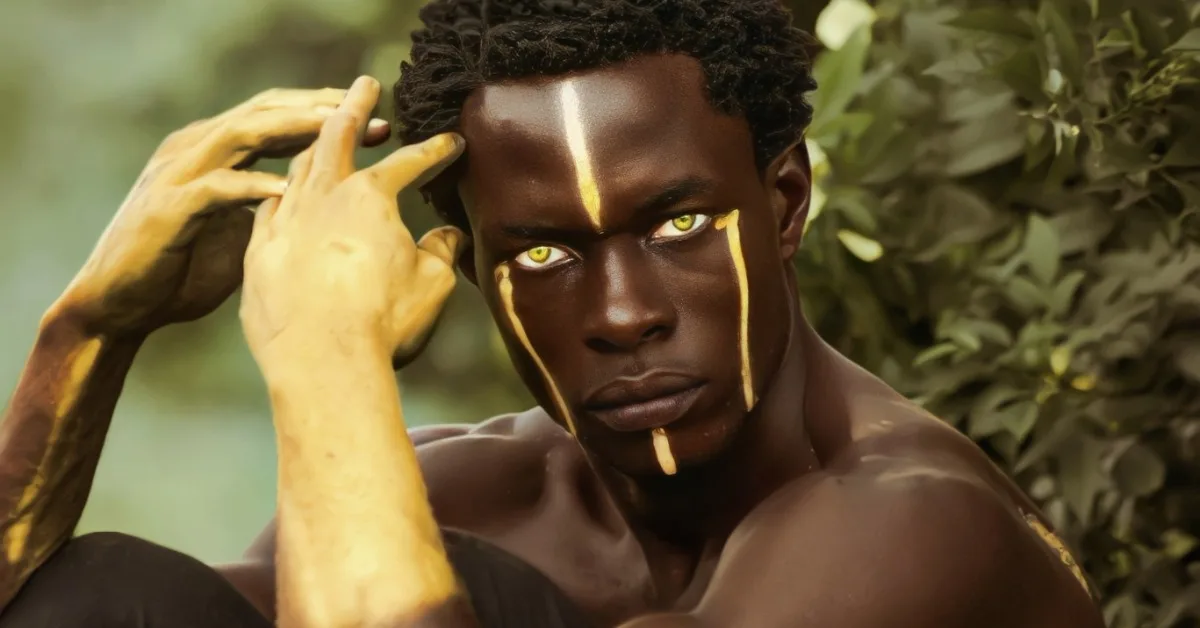
Celebrating Africa’s Vibrant and Influential Creative Sectors
Africa is a continent rich in diverse cultures, traditions, and artistic expressions. In recent years, African creative industries have emerged as powerful forces, driving economic growth, fostering innovation, and shaping global trends. From art and music to fashion and film, the creative sectors in Africa are showcasing the immense potential and talent that exists within the continent. In this article, we will explore the transformative power of African creative industries and their contributions to economic prosperity, cultural preservation, and social change.
Economic Growth and Innovation
Explosive Growth: Driving Africa’s Economic Advancement
African creative industries have experienced explosive growth, outpacing the global average in recent years. According to a report by the United Nations Conference on Trade and Development (UNCTAD), the creative economy in Africa has been growing at a remarkable rate of 9.1% annually. This growth has not only contributed to the continent’s economic advancement but has also positioned Africa as a hub for innovation and creativity. From groundbreaking digital solutions to pioneering storytelling techniques, African creatives are pushing boundaries and redefining artistic expression.
Cultural Preservation and Identity
Preserving Heritage: The Role of African Creative Industries
African creative industries play a vital role in preserving and celebrating the continent’s rich cultural heritage. The diverse artistic traditions of Africa are brought to life through various forms, including visual arts, traditional music, dance, and storytelling. In recent years, one notable cultural phenomenon that has emerged from Africa is Afrobeat, a music genre that has gained immense popularity worldwide.
Afrobeat is a fusion of African storytelling and Western musical influences, combining traditional African rhythms with elements of funk, jazz, and soul. This genre, pioneered by the legendary Nigerian musician Fela Kuti, is characterized by its infectious grooves, powerful lyrics, and social commentary. Afrobeat serves as a vehicle for preserving African narratives and addressing socio-political issues, all while creating an irresistible sound that captivates global audiences.
In the spirit of collaboration and cross-cultural exchange, Afrobeat has sparked numerous musical collaborations between Nigerian and American artists. These collaborations have not only elevated the profile of Afrobeat but have also facilitated cultural exchange and mutual appreciation. Artists like Burna Boy, Wizkid, and Davido have collaborated with renowned American musicians such as Beyoncé, Drake, and Alicia Keys, fusing their distinct musical styles and creating chart-topping hits that transcend borders.
The rise of Afrobeat exemplifies the transformative power of African creative industries in preserving cultural heritage, fostering global connections, and shaping contemporary music scenes. It serves as a testament to the influence and resilience of African cultural expressions, breaking down barriers and showcasing the richness and diversity of African music on a global stage.

Employment and Entrepreneurship
Empowering the Youth: Job Creation and Entrepreneurial Opportunities
African creative industries offer significant employment opportunities, particularly for the youth who form a significant portion of the continent’s population. As the sector continues to grow, it creates jobs not only in core creative fields but also in related sectors such as marketing, distribution, and event management. The rise of social media and e-commerce platforms has further empowered African creatives, enabling them to showcase and sell their work globally. This has opened doors for entrepreneurship and economic empowerment, nurturing a new generation of creative entrepreneurs.
Breaking Stereotypes and Global Recognition
Fashioning a New Narrative: African Fashion on the Global Stage
African fashion has gained global recognition and is challenging traditional stereotypes. African designers are infusing their creations with vibrant colours, bold patterns, and innovative designs, captivating the attention of the international fashion industry. Collaborations with global brands and designers have created opportunities for cross-cultural exchange, reshaping the narrative of African creativity. African fashion is not only making a fashion statement but also reshaping perceptions and fostering a more inclusive representation of African culture and style.
The Transformative Power of Creativity
Amplifying Voices: Music and Art as Catalysts for Social Change
Music and art have always played a powerful role in driving social change, and African creatives are using their platforms to amplify voices and advocate for important issues. African musicians, such as Fela Kuti and Angelique Kidjo, have used their music to address social injustices, human rights, and political freedom. Their music transcends borders, fostering dialogue and unity across nations. African art, too, has become a tool for social commentary, addressing pressing issues and challenging societal norms. Through their creativity, African artists are inspiring change and shaping a more equitable and inclusive society.
Conclusion
African creative industries are driving economic growth, preserving cultural heritage, and catalyzing social change. The explosive growth of these industries showcases the immense potential
and talent that exist within Africa. By supporting and investing in African creatives, we can unlock even greater opportunities for economic prosperity, cultural enrichment, and a brighter future. Let us celebrate the power of African creative industries and recognize their transformative impact on a global scale.


